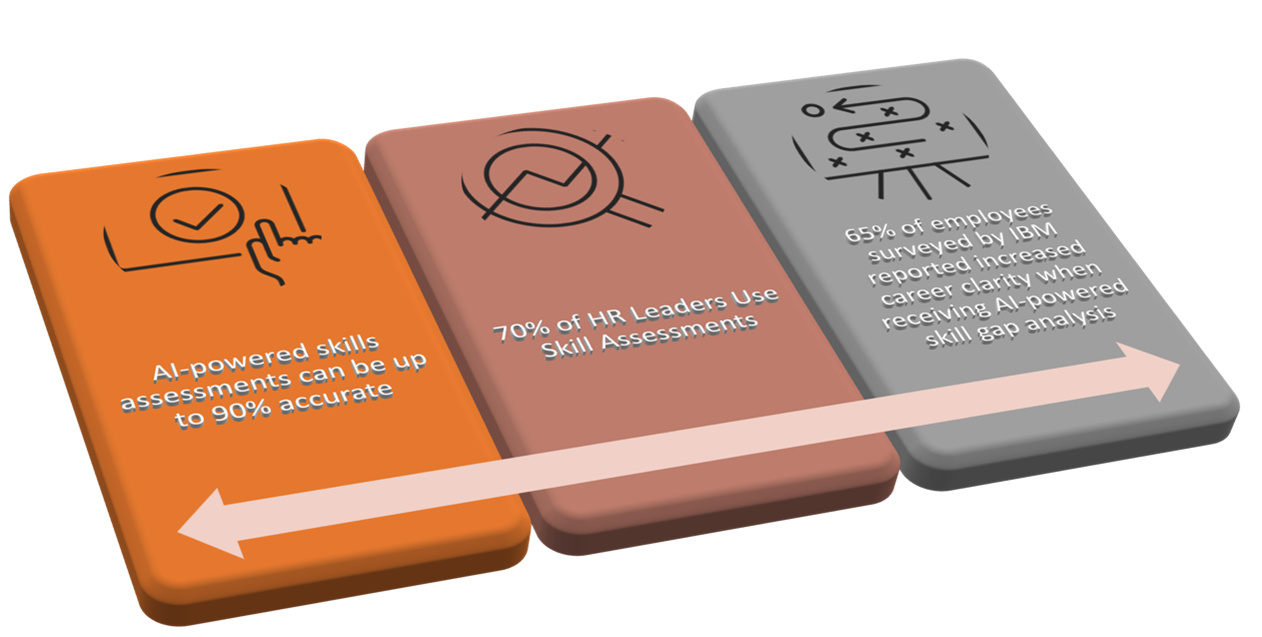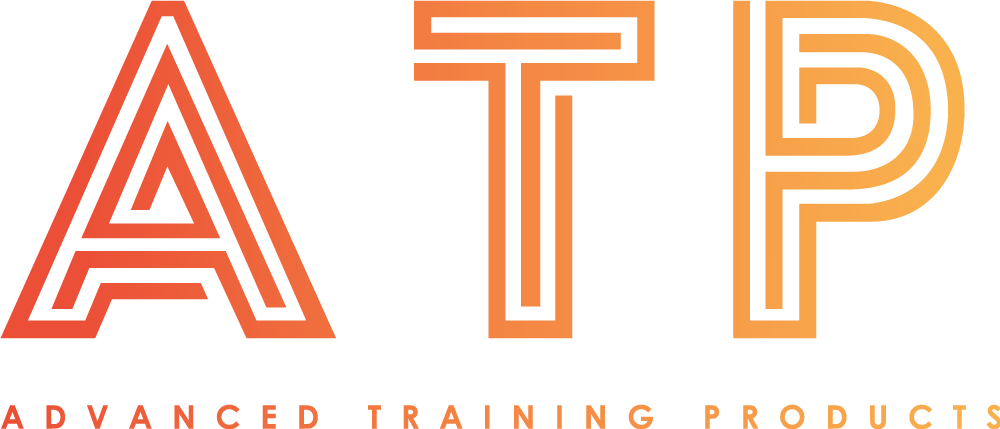White Papers and Press Releases
At Advanced Training Products, we're committed to empowering organizations with the knowledge and tools they need to create safer, healthier workplaces. Our thought leadership resources provide valuable insights into a range of topics, including:
- Total Worker Health® initiatives
- Workplace impairment prevention
- Reasonable suspicion protocols
- Cannabis legalization and its impact on the workplace
Stay informed and stay ahead with our expert analysis and actionable advice.
Keep up with the latest industry news through our press releases below.
Empowering Workplaces with AI-Powered Skill Assessment and Gap Identification: Enhancing Impairment Prevention through Total Worker Health®
The modern workplace presents a dynamic and complex environment that demands ongoing skill development and adaptation to ensure employee well-being and organizational success. Workplace impairment, encompassing physical, mental, and behavioral conditions that diminish an individual's ability to function safely and effectively, poses significant threats to both individual workers and the overall health and safety of the work environment. Total Worker Health® (TWH), a comprehensive approach that integrates workplace safety, health, and well-being, offers a promising framework for addressing impairment prevention. In this context, AI tools emerge as powerful allies, enabling skill assessment and gap identification to enhance training and development efforts, promote continuous learning, and foster a culture of well-being.
AI-powered skill assessment and gap identification offer a transformative approach to workplace impairment prevention, empowering organizations to create a resilient, skilled, and well-being-focused workforce. By integrating AI into TWH initiatives, organizations can identify skill gaps early on, provide targeted training and development, foster a culture of continuous learning, and promote employee well-being. Embracing AI as a powerful ally in enhancing skill development and impairment prevention is an investment in a healthier, safer, and more productive workplace for all.
Skill Assessment and Gap Identification in Workplace Impairment Prevention
Effective skill assessment and gap identification play a crucial role in workplace impairment prevention for several reasons:
- Targeted Training and Development: Identifying skill gaps allows organizations to target training and development efforts effectively, addressing specific needs and enhancing employee competencies, reducing the risk of impairment-related incidents.
- Early Detection of Impairment Risks: Skill gaps can be indicators of underlying impairment concerns, allowing for early detection and intervention, promoting timely support, and preventing escalation of impairment issues.
- Personalized Learning Pathways: Skill assessment data can be used to create personalized learning pathways, tailoring training and development to individual needs, and learning styles, maximizing the effectiveness of interventions.
- Continuous Improvement and Upskilling: Skill assessment facilitates continuous improvement and upskilling, ensuring that employees remain equipped with the necessary skills to adapt to evolving workplace demands and mitigate impairment risks.
Harnessing AI for Skill Assessment and Gap Identification
AI tools offer a range of capabilities to enhance skill assessment and gap identification in the context of workplace impairment prevention:
- Machine Learning (ML): AI-powered ML algorithms can analyze vast amounts of employee performance data, identifying patterns, trends, and performance gaps that may indicate underlying impairment concerns.
- Adaptive Assessment Systems: AI-powered adaptive assessment systems can adjust questions and tasks based on individual performance, providing a more accurate and personalized assessment of skill levels.
- Real-Time Feedback and Insights: AI algorithms can provide real-time feedback and insights during skill assessments, allowing employees to identify areas for improvement immediately.
- Integration with Learning Management Systems (LMS): AI-powered skill assessment tools can be integrated with LMS platforms, facilitating seamless transition to targeted training and development programs.
- Data Visualization and Analytics: AI can generate data visualizations and analytics, providing insights into skill distribution, trends, and areas for improvement across the workforce.
Integrating AI into Total Worker Health® Initiatives
AI-powered skill assessment and gap identification can significantly enhance TWH initiatives to promote workplace impairment prevention:
- Preemptive Intervention for Impairment Risks: Identifying skill gaps can trigger preemptive interventions, providing support and resources to address underlying impairment concerns before they escalate or lead to incidents.
- Personalized Training and Development: AI can generate personalized training recommendations based on skill gaps and impairment risks, ensuring that training efforts are targeted and effective.
- Promoting a Culture of Continuous Learning: AI-powered skill assessment tools can foster a culture of continuous learning by encouraging employees to seek out development opportunities and address identified skill gaps.
- Data-Driven Insights for Skill Development Strategies: AI can analyze skill assessment data to identify trends, patterns, and emerging skill needs, enabling organizations to adapt their training and development strategies proactively.
- Promoting Employee Engagement and Well-being: By addressing skill gaps and providing personalized development opportunities, AI can enhance employee engagement, motivation, and overall well-being, reducing impairment risks.

Works Cited
Hancock, B., Schaninger, B., & Yee, L. (2023, June 5). Generative AI and the future of HR. Retrieved January 11, 2024, from McKinsey & Company: https://www.mckinsey.com/capabilities/people-and-organizational-performance/our-insights/generative-ai-and-the-future-of-hr
Taylor, A. (2023, November 2). New study validates the business value and opportunity of AI. Retrieved January 10, 2024, from Microsoft Blogs: https://blogs.microsoft.com/blog/2023/11/02/new-study-validates-the-business-value-and-opportunity-of-ai/

